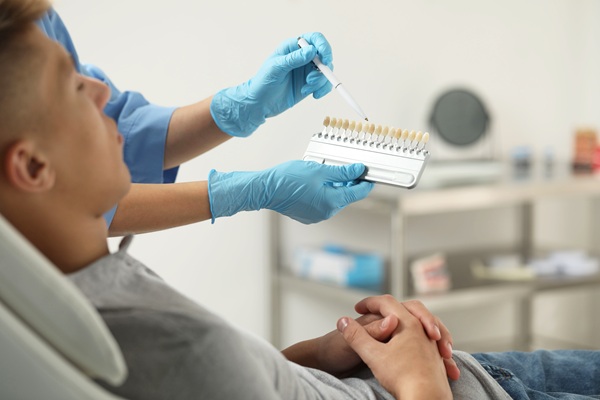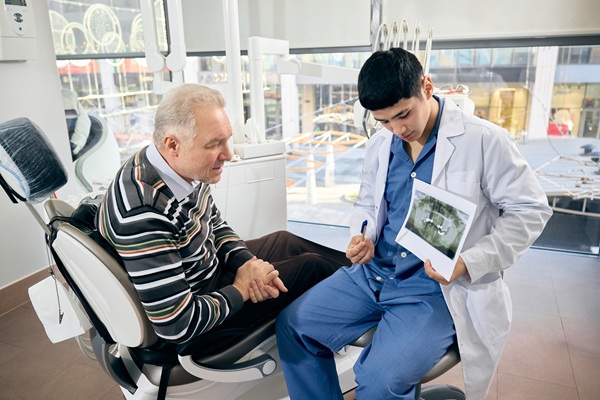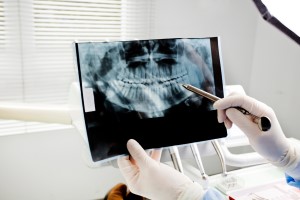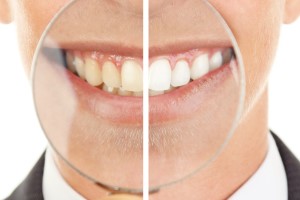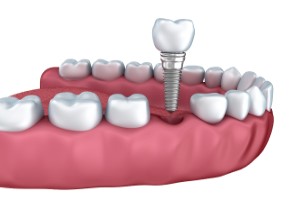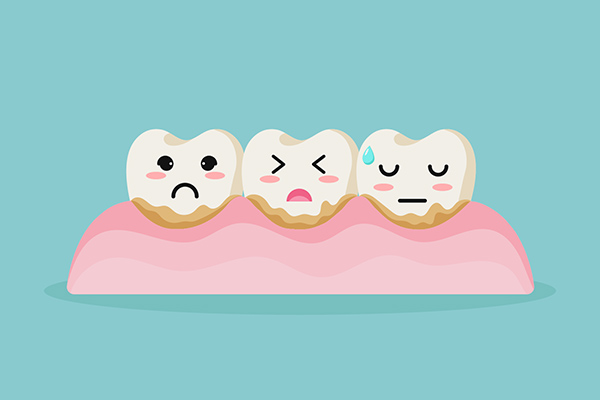 Your general dentist will probably mention plaque and tartar. But do you know the difference between the two? Both plaque and tartar are common dental problems that you may have. There are ways that you can remove plaque at home, but a general dentist must remove tartar in the dental office. Learn the difference between plaque and tartar and how you can prevent both from occurring.
Your general dentist will probably mention plaque and tartar. But do you know the difference between the two? Both plaque and tartar are common dental problems that you may have. There are ways that you can remove plaque at home, but a general dentist must remove tartar in the dental office. Learn the difference between plaque and tartar and how you can prevent both from occurring.
The lowdown on plaque and tartar
Plaque is a colorless film of bacteria that coats the teeth. A person’s diet can contribute to plaque buildup. Although plaque is sticky, it is easy to remove with a good oral hygiene routine. However, if a person does not regularly brush and floss properly, plaque can build up and eventually turn into tartar.
How tartar is different
When plaque builds up and sits on the teeth and gums, it can harden and calcify into tartar. Tartar is difficult to remove at home, and usually, the general dentist must remove it. While plaque is not visible, tartar is usually a yellowish or brown color. It can build up in visible areas on the teeth and also below the gumline. And tartar is not simply a buildup of calcified material. It can irritate the gums or even cause gingivitis because it harbors bacteria.
Prevention is possible
The good news is that people can prevent tartar with a thorough oral care routine at home. By brushing and flossing regularly, people can remove plaque before it has time to contribute to tartar deposits. Often people remember to brush at least twice a day but forget to floss or do not know how. Not flossing allows plaque to remain in between teeth. This, in turn, leads to tartar that people may not realize is there.
If a person worries about tartar building up, other products can help at home. Tartar control toothpaste is a good tool. After brushing and flossing, people can use an antiseptic mouthwash to swish any remaining particles out from the mouth. The mouthwash also washes surfaces of the teeth that the person might have missed with the toothbrush. Finally, one of the tools a person has to control the accumulation of tartar is a balanced, healthy diet.
How to treat tartar
Once tartar deposits are present, it is very hard to remove the deposits at home. The general dentist can remove plaque and tartar buildup during a deep cleaning. The general dentist can also inspect below the gum line for any hidden tartar deposits. The dentist must scrape tartar off the teeth with a tool. If patients need a refresher on how to brush and floss properly, the dentist can give a demonstration.
Discuss plaque and tartar with your general dentist
If you worry that you are not doing a good job preventing plaque and tartar at home, talk to your dentist. The dentist can do an exam and look for any potential issues in the mouth. You can talk to your dentist about your brushing and flossing, as well as what kind of toothpaste would be most helpful. Having a good oral hygiene routine is your defense against plaque and tartar.
Request an appointment or call 82nd St. Dental at 718-476-5555 for an appointment in our Jackson Heights office.
Recent Posts
Practicing good oral hygiene is essential to keeping your teeth strong. From using the correct oral care products to seeking a general dentist regularly, there are plenty of steps you can take to achieve a healthy smile. Here are four daily habits that you should implement into your daily routine.Brushing your teeth is one of…
Fluoride is a preventative measure that your general dentist uses to help protect your teeth between visits. It is also an ingredient in toothpaste that can give added protection. One of the most hotly debated topics surrounding toothpaste and tooth brushing is whether or not you should be using toothpaste that contains fluoride. Using toothpaste with…
Your general dentist is here to provide some information about how to best take care of your teeth. Dental health and hygiene are essential to the overall health and wellness of your body. Without healthy teeth and gums, you will be unable to take in the nutrients and proteins necessary for your body to thrive…

